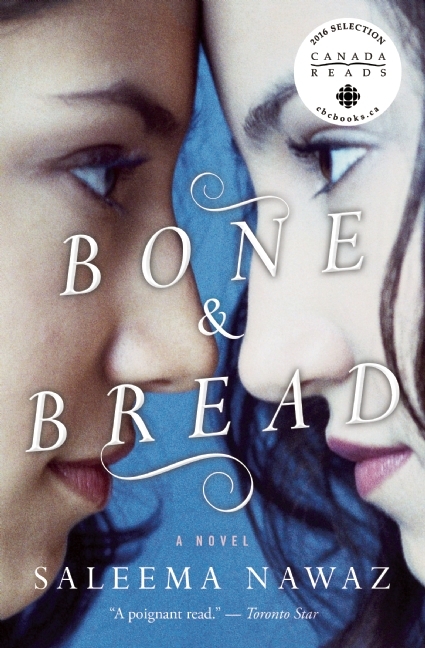What do you think?
Rate this book


445 pages, Paperback
First published February 26, 2013
We sat up that whole long night with our mother, and the world grew black as we wept, which was right, and the stars winked on one by one, like cosmic comedians with unbearable mirth, and when the sun had not yet risen, Mama pulled out the mats and bent herself forward and back, stretching in silence from Bhujangasana to Parvatasana, her whole body seeming to collapse and expand in turn as she moved through her yoga postures like a dance with space.
The church boasts verdigris spires in limited heights ‚Ä� its size meant to accommodate a goodly sized parish and elevate their spirits to a modest degree. Once, when these roads were still dirt, it might have held all who could hear the peal of its bell. Now the faithful tread to its doors on a shell of concrete, the second great crust of the earth.
"Of all meals, breakfast the way it was served in a diner bore the least connection to anything we had grown up eating. It was nourishment without attachment, merciful food. Every piece of bacon was like starting over as someone else."but, back to 'bone & bread' (sorry about my 'canada reads' tangent) - nawaz's writing is beautiful and this is a strong debut novel. i hope you will read it, if you haven't already.